News & Media
Unisa participates in quality management assessment
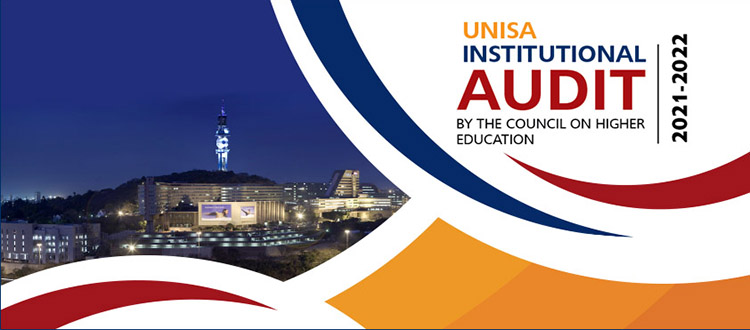 The goal to offer quality education that is responsive, fit for purpose and ensuring students’ value for money continues as Unisa prepares itself for a site visit from 4 to 8 April to be conducted by an audit panel appointed by the Council on Higher Education (CHE).
The goal to offer quality education that is responsive, fit for purpose and ensuring students’ value for money continues as Unisa prepares itself for a site visit from 4 to 8 April to be conducted by an audit panel appointed by the Council on Higher Education (CHE).
This visit, which is being prepared and coordinated by Unisa’s Department of Quality Assurance and Enhancement (DQAE), based in the Strategy, Risk and Advisory Services (SRAS) portfolio, and the Academic Quality Assurance and Enhancement (AQAE) Unit, which is in the Teaching, Learning, Community Engagement and Student Success (TLCESS) portfolio, contributes to the university’s institutional audit.
This exercise embraces the Higher Education Act 101 of 1997 as per its latest amendments. CHE’s responsibility, among many other roles it serves, is to audit the quality assurance mechanisms of higher educations (HE) institutions through institutional audits.
In December 2021, Unisa submitted a Self-Evaluation Report (SER) to the CHE as per the requirements in the CHE Manual for Institutional Audits (2021). The purpose of the audit site visit is to validate SER’s claims and statements comprising of quality management systems in the focus areas, as well as the accuracy, completeness and reliability of the information provided by the university on the submitted SER, Institutional Profile (IP) and Portfolio of Evidence (PoE).
During the site visit, which will take place at the Muckleneuk campus, the audit panel will review the presented SER with its accompaniments, which are the IP and PoE. Interviews will be conducted with stakeholders as indicated in the interview schedule received from the CHE.
‘This visit is a triangulation process of the information provided by the university in the SER, IP and PoE, therefore the audit panel will be conducting interviews with identified stakeholders as a way of triangulating the information provided in the SER,’ says the project manager, Matshoba Helen, who is also a Quality Assurance Specialist in the DQAE.
Typically, CHE’s audit panel holds interviews with various stakeholders of the university which includes Council members, the University Quality Committee, the Principal and Vice-Chancellor, vice-principals, the Registrar, academic staff working in the core academic areas (such as executive deans, deputy executive deans, directors of schools, chairs of departments, senior lecturers and e-tutors), support staff (such as executive directors, directors, deputy directors), the Student Representative Council and other representatives of students, representatives of staff unions/associations (such as NEHAWU, APSA, the Black Forum and the Black Women’s Forum) and representatives of alumni and other stakeholders. For 2022, the university has already received the site visit schedule which it is being engaging with. The envisaged outcome of this visit is to produce an audit report.
The purpose of the audit report is to provide an overall evaluation of the institution’s quality management in the focus area(s) agreed upon between the CHE and the university. An overall and all-inclusive evaluation of the institution, in the form of a narrative summary, will be part of the conclusion of the audit report. The institution will be rated in terms of a four-point scale which is as follows:
- Not functional
- Needs substantial improvement
- Functional
- Mature
The outcomes will be shared with the Unisa community after CHE submits the finalised report to the university. The final report will also be shared with all stakeholders through the various communication platforms. Notably, CHE does not provide any specific timeframes on when the final report will be made available to the institution.
*By Lesego Chiloane-Ravhudzulo, Journalist, Department of Institutional Advancement
Publish date: 2022-03-25 00:00:00.0


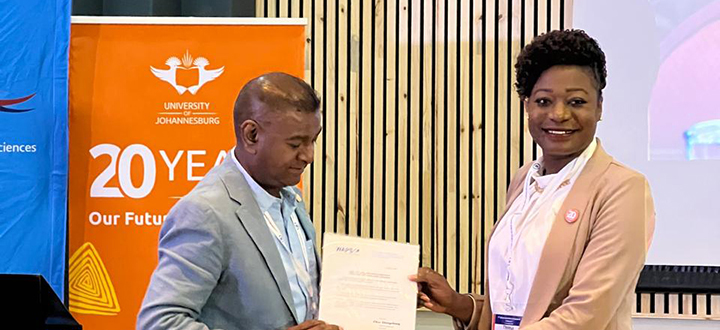 Unisa co-hosts major operations management conference
Unisa co-hosts major operations management conference
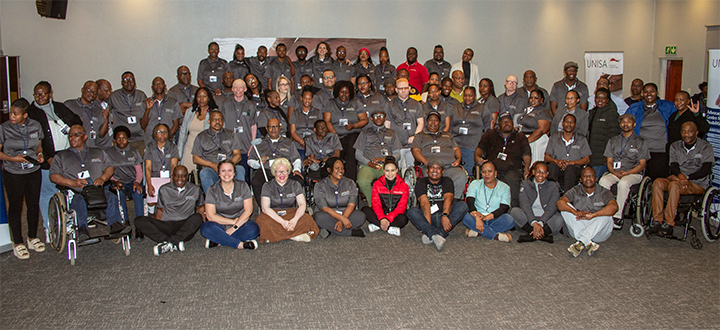 Strengthening disability-inclusive practices across higher education
Strengthening disability-inclusive practices across higher education
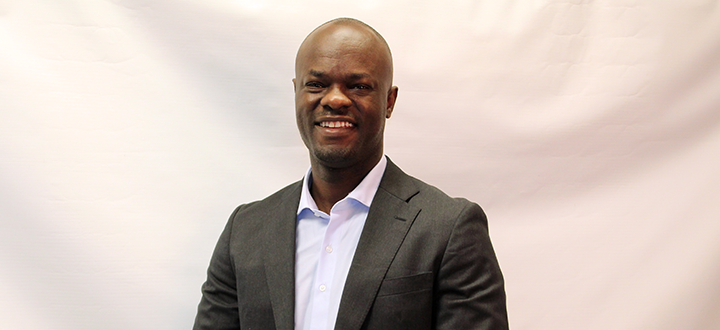 Unisa astrophysicist receives prestigious Royal Society award
Unisa astrophysicist receives prestigious Royal Society award
 Unisa's eminent women academics recognised for science excellence
Unisa's eminent women academics recognised for science excellence
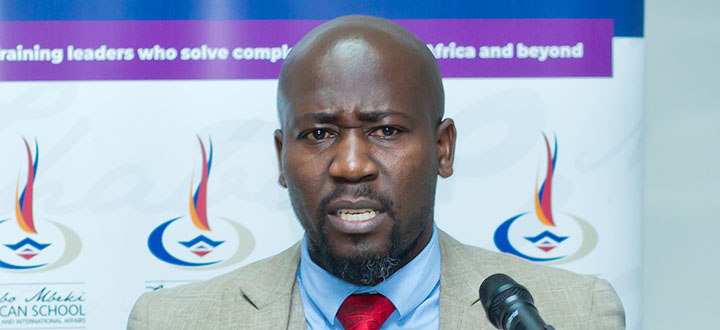 Illicit trade in Africa’s natural resources: Experts sound the alarm at Unisa seminar
Illicit trade in Africa’s natural resources: Experts sound the alarm at Unisa seminar